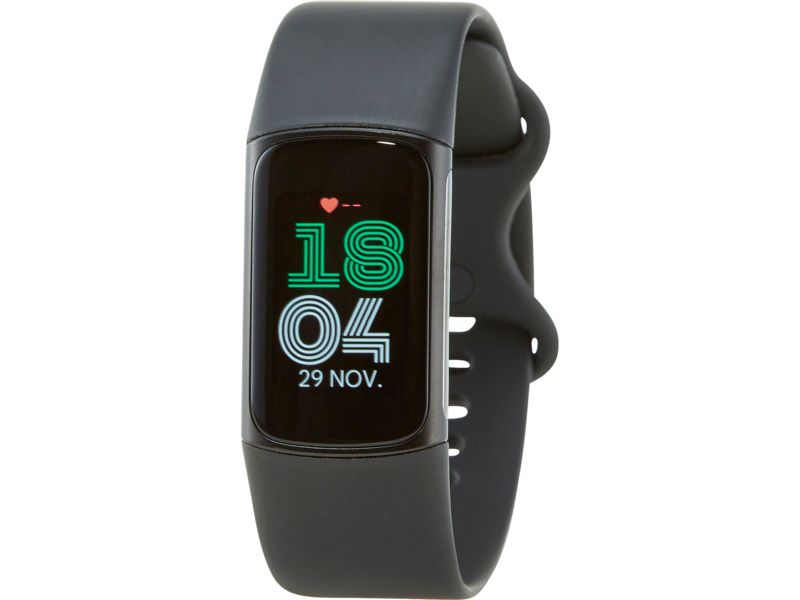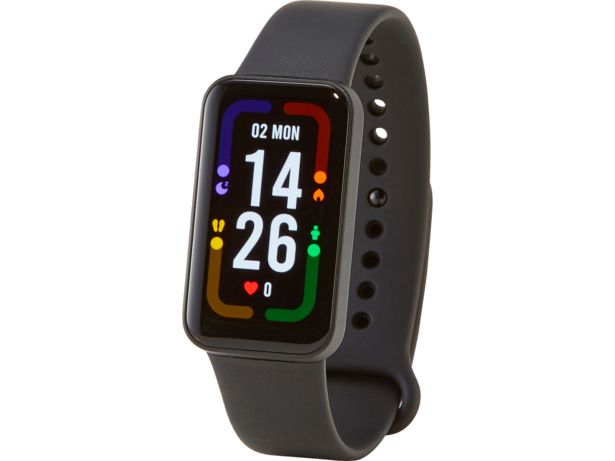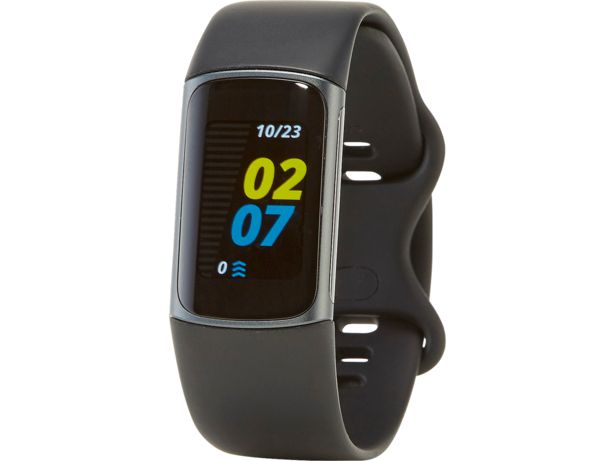Which? Don't Buy fitness trackers

There's little point in buying a fitness tracker or activity tracker that won't accurately track your health, fitness and weight loss goals, or that's so uncomfortable you won't want to wear it at all.
Our expert lab tests separate the best fitness trackers from the models you should avoid.
Join Which? to find out which fitness trackers we've named as Don't Buys.
What makes a Don’t Buy fitness tracker?
Some of the fitness trackers we've tested record stats that are way off the mark.
This means you could be left thinking you’d walked twice as many steps as you actually have – and be tempted to indulge as a result. Or think you haven't met your daily step target, when you've actually smashed it.
Some have straps that are so uncomfortable or difficult to use that they’d soon end up retired to a drawer in your home, never to see daylight again.
None of that is ideal given the current cost-of-living and environmental crisis, as it means you're being tempted to waste your money on something useless.
The good news is that we’ve also tested plenty of great fitness trackers that don't cost the earth. The very best fitness trackers provide you with an accurate and easy-to-understand snapshot of your activity, and daily exercise routine – week after week, year after year.
They’ll have long-battery life and motivational tools to inspire you to be more active.
How we test fitness and activity trackers
We’ve reviewed all the latest fitness and activity trackers, including devices from Fitbit, Garmin and Huawei.
We go further than anyone else in our testing, so you can be sure that you’ll find a great wearable for your needs and budget. We recommend only those that are good quality, accurate, easy to use and a pleasure to wear.
- We really do go the extra mile – we go for a walk and for a run to measure step-tracking accuracy and to check if the tracker can accurately state how far we've travelled
- Our tests reflect how people use their device in everyday life. We carry out a range of household activities, such as loading and unloading a dishwasher and carrying shopping bags. Sadly, many (even good ones) measure steps very accurately on a walk or run – when they can recognise your arm swinging about – but terribly when you're just pottering about the home. But Don't Buys will measure steps inaccurately most of the time
- We give every fitness and activity tracker to users to try out for several weeks, so they can rate them fairly on comfort, usability, and the quality of the motivational tools or incentives.
Our tests separate the watches and trackers that will really help you monitor your health from those that you’ll quickly get fed up of using.
Head to our fitness tracker reviews to see all those we've tested.


